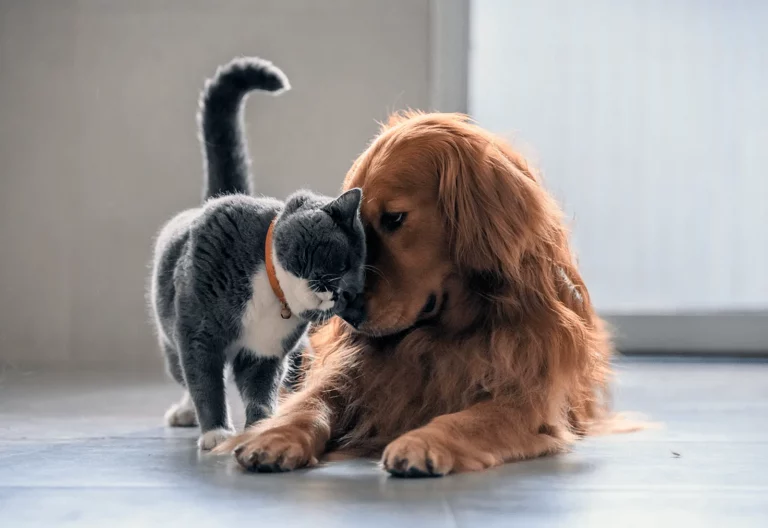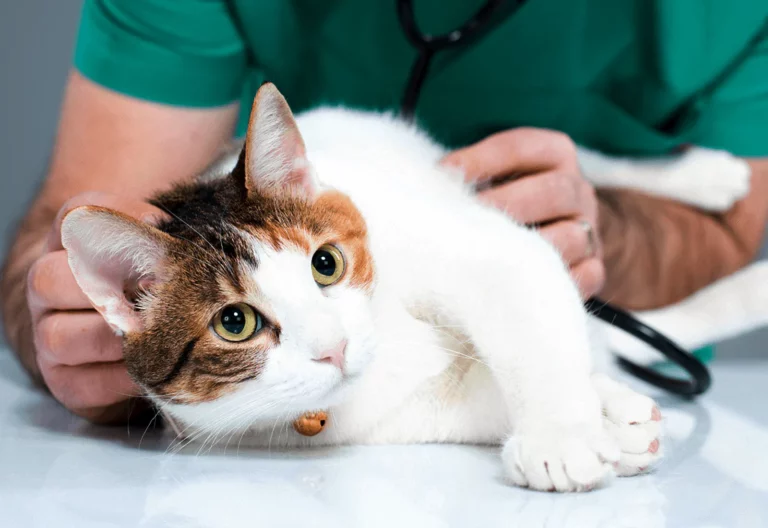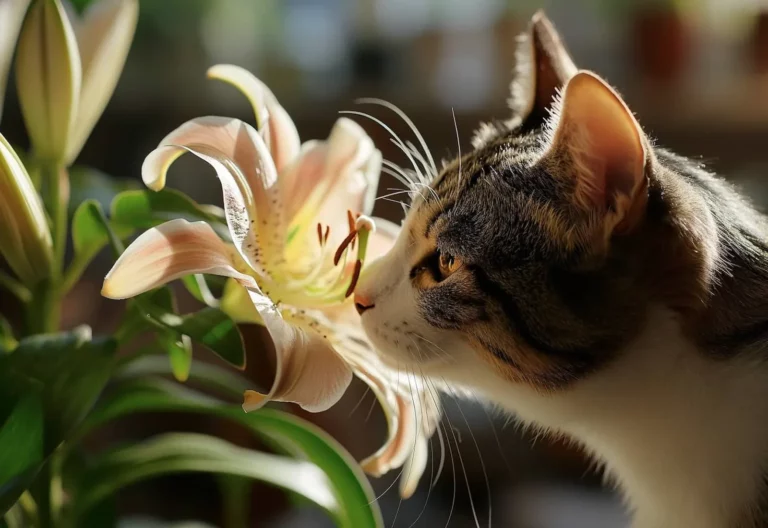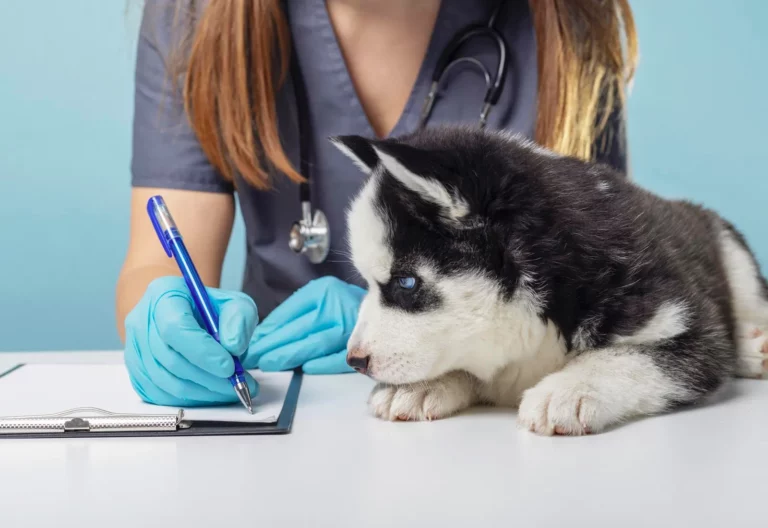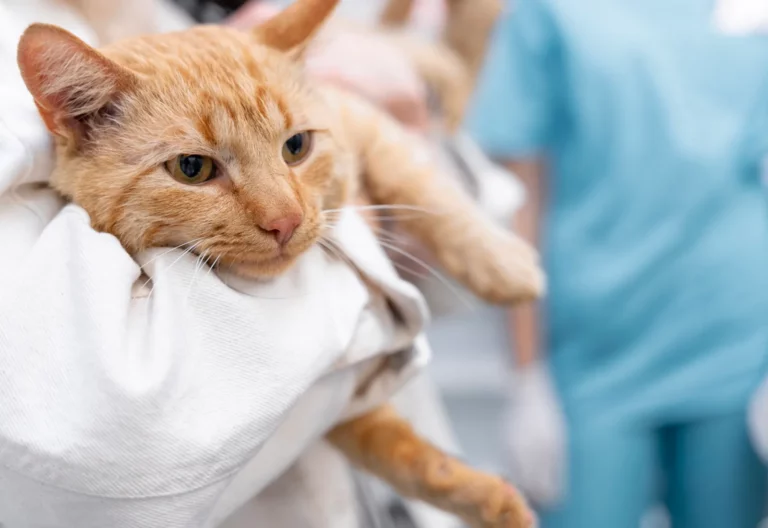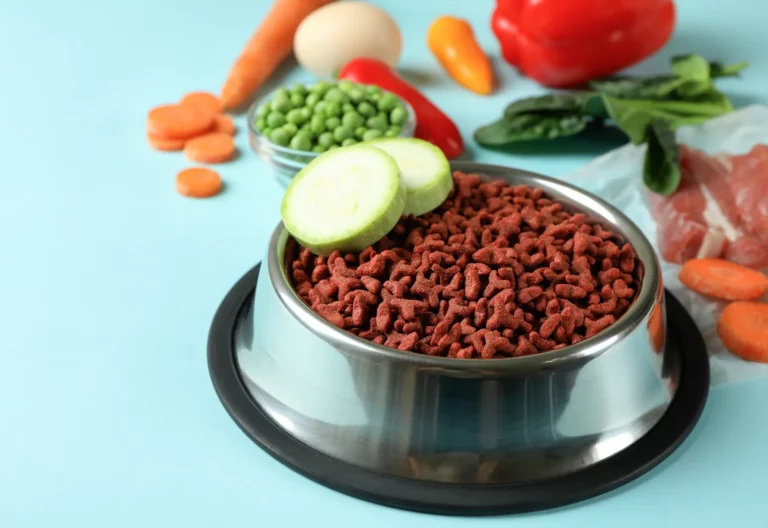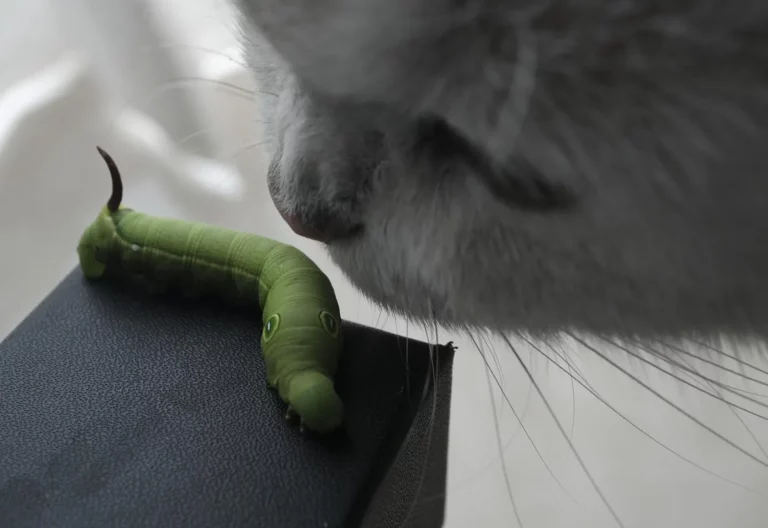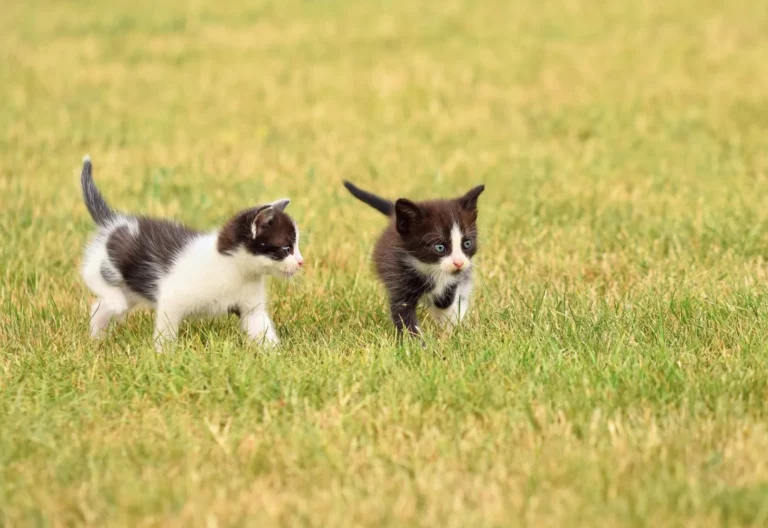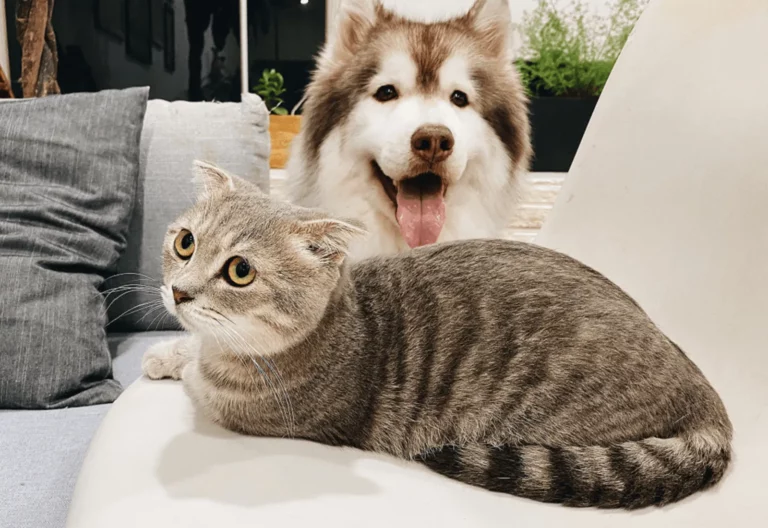
Vaccinations For Your Pets: Your FAQs answered
Vaccinations are an important part of protecting your pets against a range of life-threatening illnesses. By vaccinating your cat, dog or rabbit, you’re giving them the best chance of living a long and healthy life. There’s a lot of information (and misinformation!) when it comes to vaccinations for pets, so we thought we would compile a list of FAQs – and the answers of course! Why do pets actually need vaccinations? Many diseases that can affect dog, cats and rabbits are incredibly infectious. While puppies and kittens receive immunity to a range of diseases through their mother’s milk, once they reach about 4-6 weeks of age, they can start to become vulnerable to infection. Vaccines help to stimulate your pet’s immune system and prevent future infections from diseases. Without vaccination, your pet is significantly at risk of developing illnesses that
